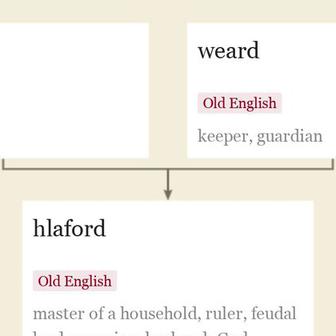warlord (n.)
also war-lord, 1856, from war (n.) + lord (n.). Often a translation of German Kriegsherr or Chinese junfa.
Entries linking to warlord
late Old English wyrre, werre "
Spanish, Portuguese, and Italian guerra also are from Germanic; Romanic peoples turned to Germanic for a "
First record of war-time is late 14c. Warpath (1775) originally is in reference to North American Indians, as are war-whoop (1761), war-paint (1826), and war-dance (1757). War crime is attested from 1906 (in Oppenheim's "
The causes of war are always falsely represented ; its honour is dishonest and its glory meretricious, but the challenge to spiritual endurance, the intense sharpening of all the senses, the vitalising consciousness of common peril for a common end, remain to allure those boys and girls who have just reached the age when love and friendship and adventure call more persistently than at any later time. The glamour may be the mere delirium of fever, which as soon as war is over dies out and shows itself for the will-o'-the-wisp that it is, but while it lasts no emotion known to man seems as yet to have quite the compelling power of this enlarged vitality. [Vera Brittain, "Testament of Youth"]
The world will never have lasting peace so long as men reserve for war the finest human qualities. [John Foster Dulles, Speech on the Marshall Plan, 1948]

mid-13c., laverd, loverd, from Old English hlaford "
Compare lady (literally "
Lord's Prayer is from 1540s. Year of our Lord is from late 14c. (translating Latin anno domini) in reference to the incarnation of God in Christ. Lord knows (who, what, why, etc.), expressing a state of ignorance, is from 1711. Lord of the Flies (1907) translates Beelzebub (q.v.); William Golding's book was published in 1954. To drink like a lord is from 1620s.
updated on March 23, 2014